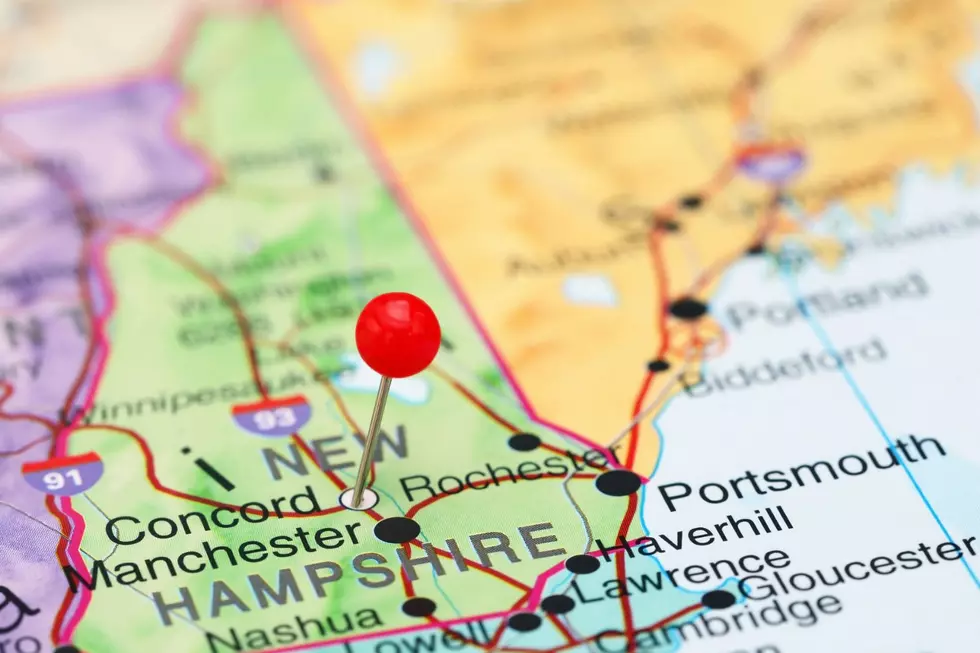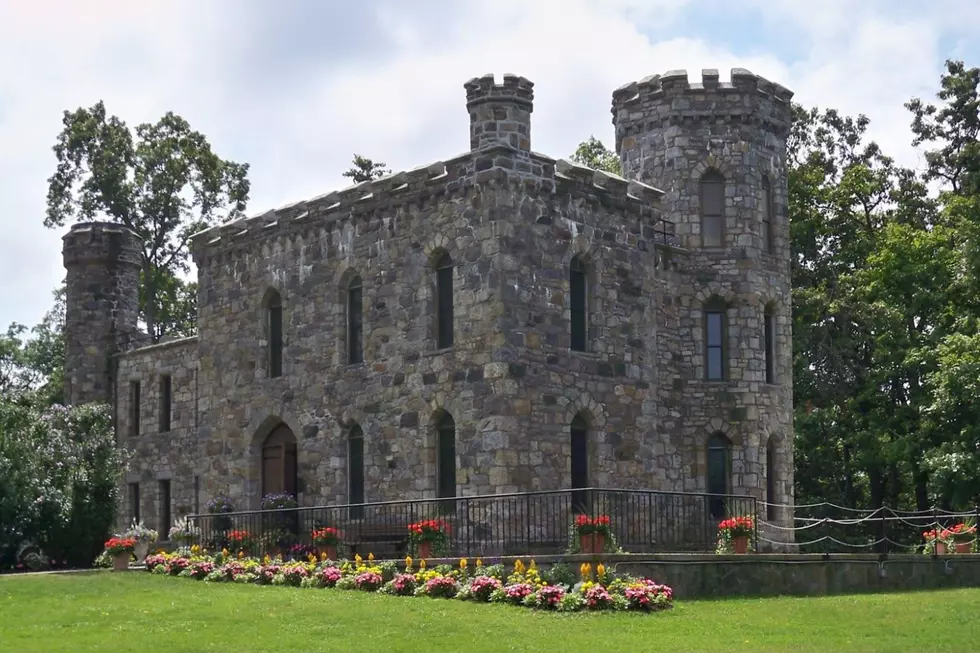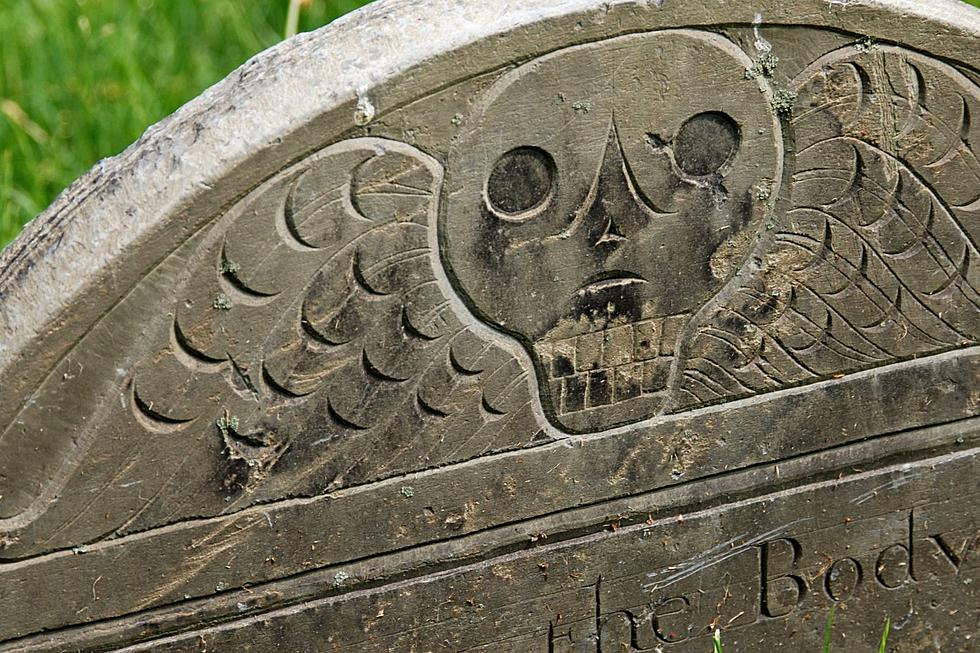
During Prohibition, Apple Picking Turned Into Booze Season In Maine
It's hard to believe that just a century ago, there was a nationwide ban on the production and sale of alcoholic beverages across the United States. Given that Maine is widely considered to one of the craft beer capitals of the world, prohibition today wouldn't sit well with the natives. As it turns out, it didn't sit well with Mainers in the 1920's either. That led to some very cunning (and illegal) behavior and gave us the old-timey cocktail known as Applejack.
According to MaineBrewGuide.com, thirsty Mainers turned to the region's proliferation of apple trees as a way to create the booze that was against the law to possess. In their crafty development of a Maine moonshine, people of that era would use the apple-picking season much differently than we do today. Forget the pies and crisps, during prohibition, it was all about making cider and then freezing that cider (a process known as "jacking") to increase the alcohol-content level to make each sip more potent. In fact, moonshiners in Maine got so good with the process, their Applejack could run as high as 60 proof.
Eventually, prohibition laws were lifted and the mass production of Applejack was slowed. That ended up being a good thing, because the crude production process turned out to be quite unhealthy. Sipping Applejack in small doses worked, but those that over-indulged often faced some significant health consequences.
So where is the Applejack today? It still exists, although it's made much differently with healthier and safer results. Despite prohibition laws being lifted, there are still laws in place that prohibit you from making Applejack at home without obtaining the proper license.
Here's What Portland Looked Like 100 Years Ago
More From 94.9 WHOM









